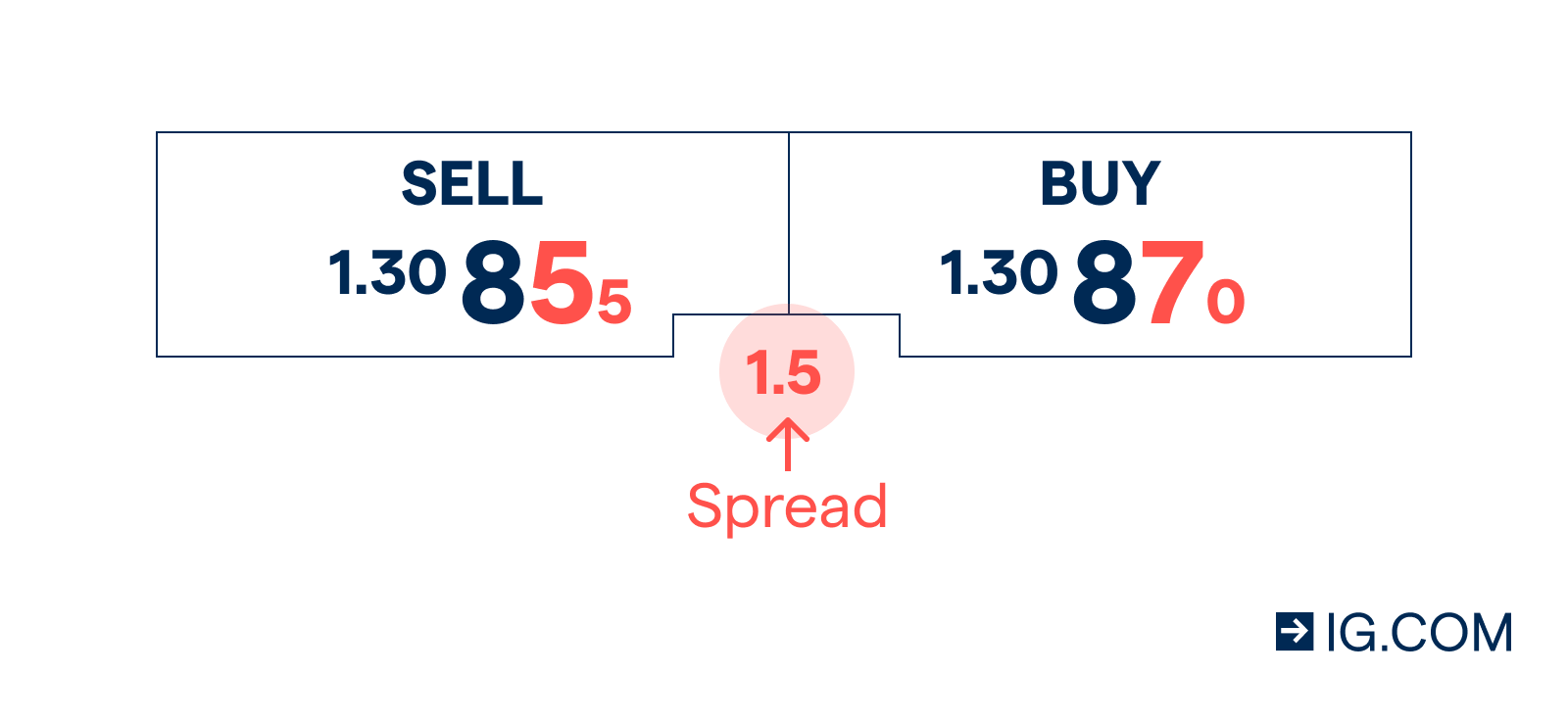theonethatwrited
 Dreamer
Dreamer
Hello, I am new here!
I am an economist and hold a MSc in finance with a profile of accounting and auditing. I can help you get realistic behaving businesses and explain how certain accounting or finance and or investing processes work.
I am an economist and hold a MSc in finance with a profile of accounting and auditing. I can help you get realistic behaving businesses and explain how certain accounting or finance and or investing processes work.

 Myth Weaver
Myth Weaver
 Istar
Istar Archmage
Archmage

